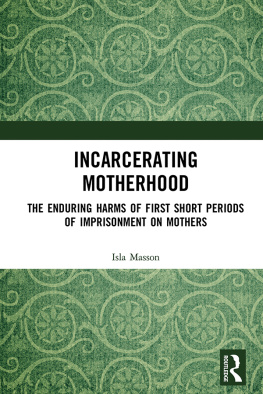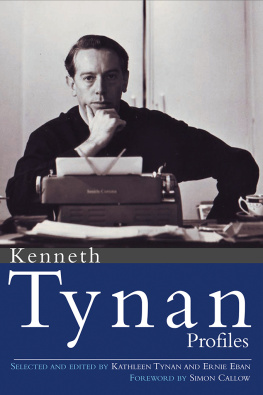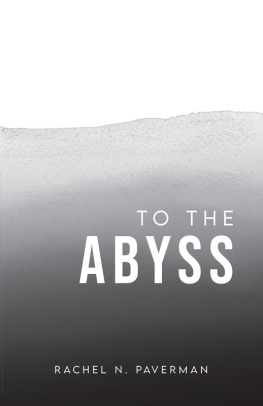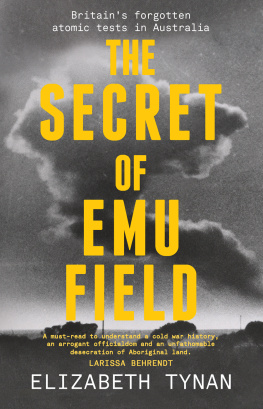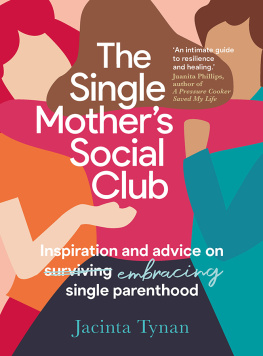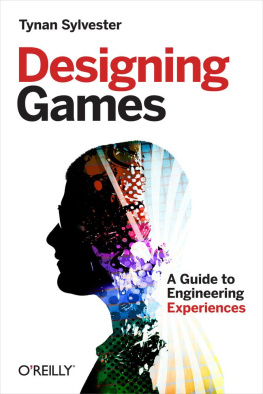
Young Mens Experiences of Long-Term Imprisonment
Long sentenced young people are a small but significant part of the juvenile prison population. The current approach to young people convicted of serious crime speaks to wider issues in criminal and social justice, including the idealisation of (some) childhoods, processes of racialisation and identity and the sociology of the body. Analysing the relationships between biography, trauma and habitus reveals the ways in which class, racial and legal status are experienced and resisted.
Young Mens Experiences of Long-Term Imprisonment: Living Life considers the need for the reinvigoration of prison ethnography and calls for a phenomenological approach to understanding youth crime and punishment. An insightful ethnographic study on imprisoned 15- to 17-year-olds in England, this volume examines how young people experience long-term imprisonment, manage their time and imagine and shape their futures. Drawing on observations, interviews and correspondence, Tynan situates long-term imprisonment of young men within the wider social context of criminal and social justice; and analyses constructs and practices that locate responsibility for crime with individuals and communities.
Young Mens Experiences of Long-Term Imprisonment: Living Life will be of interest to students and researchers interested in the sociology of prisons, punishment and youth justice and qualitative research methodology.
Rachel Rose Tynan was awarded her PhD in Sociology from Goldsmiths in 2018 and manages prison/university partnerships and other criminal and social justice projects.
Routledge Advances in Ethnography
Edited by
Dick Hobbs
University of Essex
and
Les Back, Goldsmiths
University of London
Ethnography is a celebrated, if contested, research methodology that offers unprece dented access to peoples intimate lives, their often hidden social worlds and the meanings they attach to these. The intensity of ethnographic fieldwork often makes considerable personal and emotional demands on the researcher, while the final product is a vivid human document with personal resonance impossible to recreate by the application of any other social science methodology. This series aims to highlight the best, most innovative ethnographic work available from both new and established scholars.
Mischief, Morality and Mobs
Essays in Honor of Geoffrey Pearson
Dick Hobbs
Hip Hop Versus Rap
The Politics of Droppin Knowledge
Patrick Turner
Surviving Gangs, Violence and Racism in Cape Town
Ghetto Chameleons
Marie Rosenkrantz Lindegaard
Musical Mobilities
Son Jarocho and the Circulation of Tradition Across Mexico and the United States
Alejandro Miranda Nieto
Migrant City
Les Back and Shamser Sinha
Young Mens Experiences of Long-Term Imprisonment
Living Life
Rachel Rose Tynan
For more information about this series, please visit: www.routledge.com/series/RETH
First published 2019
by Routledge
2 Park Square, Milton Park, Abingdon, Oxon OX14 4RN
and by Routledge
52 Vanderbilt Avenue, New York, NY 10017
Routledge is an imprint of the Taylor & Francis Group, an informa business
2019 Rachel Rose Tynan
The right of Rachel Rose Tynan to be identified as author of this work has been asserted by her in accordance with sections 77 and 78 of the Copyright, Designs and Patents Act 1988.
All rights reserved. No part of this book may be reprinted or reproduced or utilised in any form or by any electronic, mechanical, or other means, now known or hereafter invented, including photocopying and recording, or in any information storage or retrieval system, without permission in writing from the publishers.
Trademark notice: Product or corporate names may be trademarks or registered trademarks, and are used only for identification and explanation without intent to infringe.
British Library Cataloguing-in-Publication Data
A catalogue record for this book is available from the British Library
Library of Congress Cataloging-in-Publication Data
A catalog record for this book has been requested
ISBN: 978-1-138-63239-4 (hbk)
ISBN: 978-1-315-20829-9 (ebk)
Typeset in Times New Roman
by Apex CoVantage, LLC
Contents
The life of man is a self-evolving circle, which, from a ring imperceptibly small, rushes on all sides outwards to new and larger circles, and that without end. The extent to which this generation of circles, wheel without wheel, will go, depends on the force or truth of the individual soul. For it is the inert effort of each thought, having formed itself into a circular wave of circumstance to heap itself on that ridge, and to solidify and hem in the life. But if the soul is quick and strong, it bursts over that boundary on all sides, and expands another orbit on the great deep, which also runs up into a high wave, with attempt again to stop and to bind. But the heart refuses to be imprisoned; in its first and narrowest pulses, it already tends outward with a vast force, and to immense and innumerable expansions.
Ralph Waldo Emerson, Circles, 1841
This book is about young peoples experience of imprisonment; these young people have all been harmed by others and have in turn created more harm. Though the focus of the book is on young prisoners, I am deeply aware of those hurt by them. My hope is that this book can contribute, in however small a way, to reducing harm.
Having spent many years on this project, the list of thanks is long. The original research would not have been possible without the financial support of the ESRC, nor would it have been completed without the help of Dick Hobbs, Les Back, Emma Jackson and Tara Young. I am grateful to Darren, Tash, Nick, Chris, Sian and Alice for opening literal and figurative doors in HM YOI Wearside. Tracey Gyateng, Tracey McMahon, Wendy Fitzgibbon, Pantea Javidan, Rod Earle, Whitney Iles, Gloria Morrison and Dave Maguire deserve honourable mentions, along with everyone at Open Book, especially Joe Baden and Sarah Lambert, who gave me the chance to build a bridge.
I am eternally grateful to those who told me their stories. I hope I have done you justice and that you find the way home.
I am indebted to Miss Brett, Miss Burge and Miss Baker, flowers in darkness, to Emmy J for socks and to Susan Cooke and Olaf Hartberg for too much to mention.
Thank you to my family, for believing in me, and to Pierre for showing me things my own eyes could not see.
Finally, to my father. It has been a long and bumpy road, with some serious collisions along the way. You towed me when you could, jump started me more than once and when there was nothing left in the battery you helped me push. I could not have done any of it without you and thank you is nowhere near enough. This is for you.
1
Be easy, see wagwan
This book is about how young people experience long-term imprisonment and how they draw on their biographies to manage their imprisonment and to imagine and shape their futures. It is also about how the responsibilisation of individuals and communities combine to create the conditions in which the response to acts of violence by young people is long-terms of imprisonment. It is about the ways in which some harms are elided and others prioritised and how a criminal justice state can absorb all evidence that contradicts its efficacy and press on regardless.




